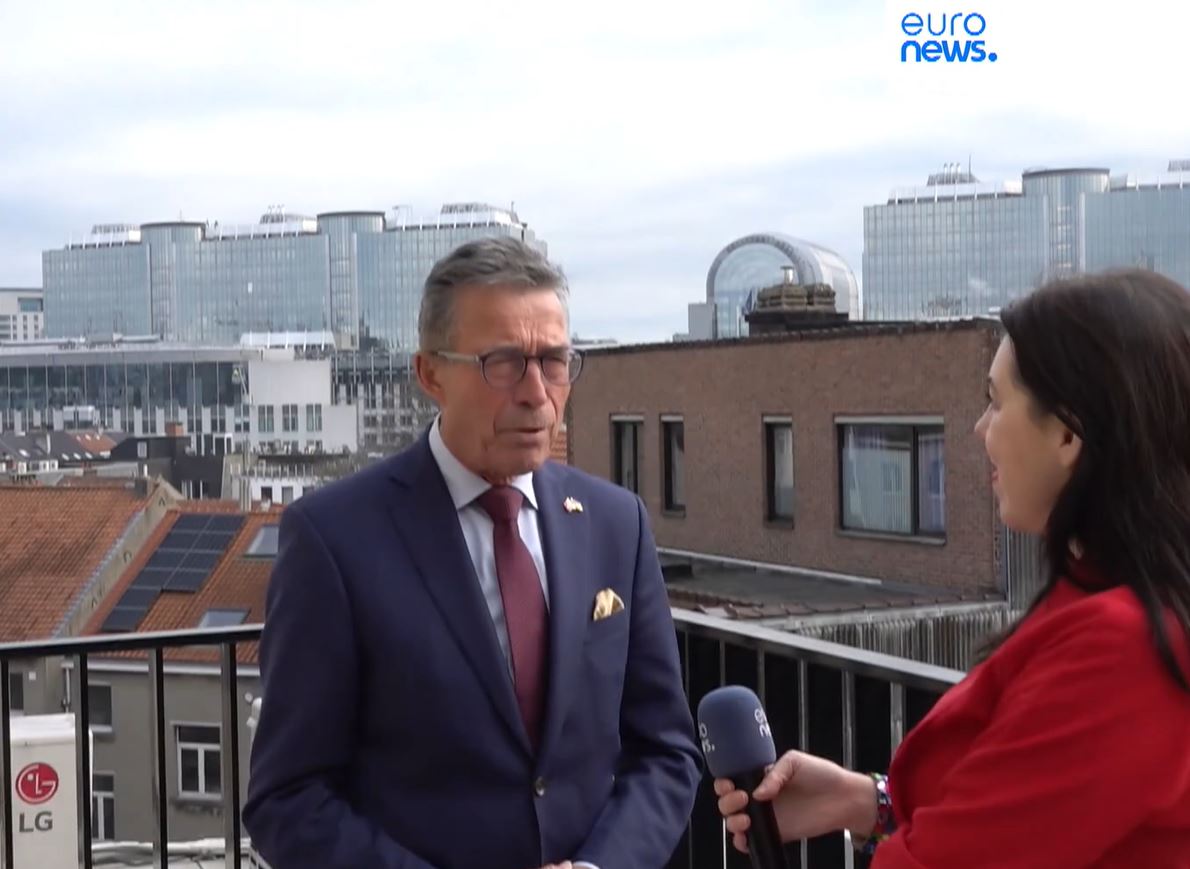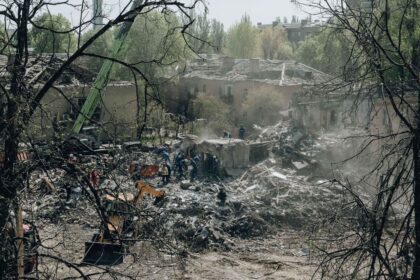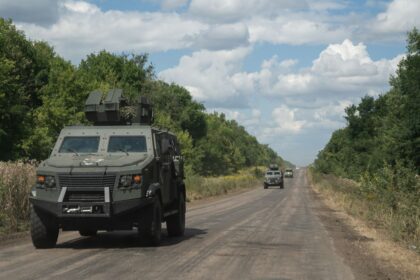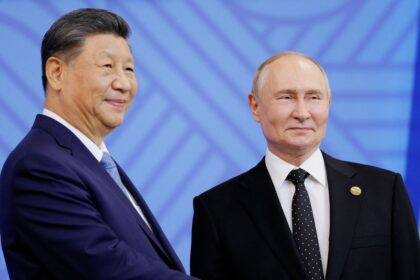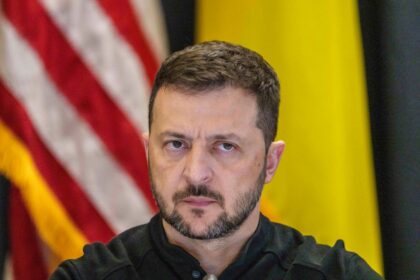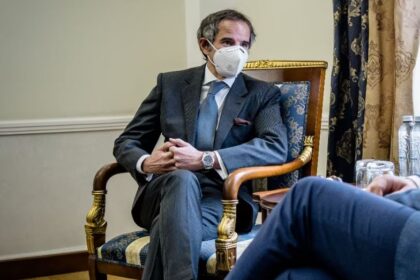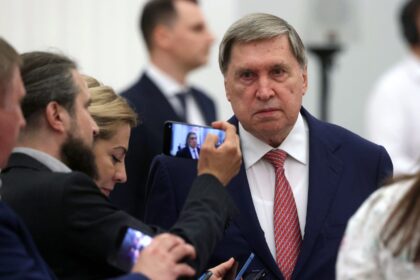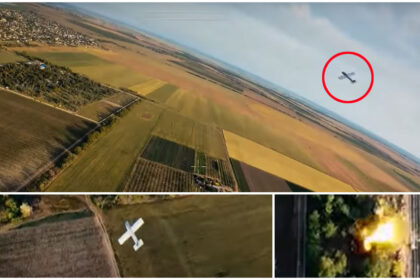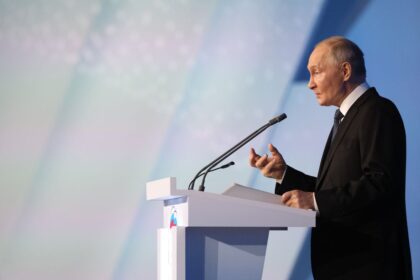**NATO Must Step Up Its Game in the Arctic, Says Former Secretary General**
Anders Fogh Rasmussen, the former head of NATO, has made a bold call to action for the military alliance. In an interview with Bloomberg, he emphasized that NATO must take on a more prominent role in the Arctic region to counter Russia’s growing threat.
For years, the Arctic was considered a low-tension zone, but that perception is changing fast. Climate change is altering global geography and making the region increasingly important strategically. Rasmussen pointed out that Russia is significantly expanding its military capabilities in the Arctic, reopening airbases, and investing heavily in its northern potential.
This development should not be taken lightly, said Rasmussen. He stressed that Russia clearly has territorial ambitions in the area and warned that NATO must respond with a strong strategy of its own. “In response, NATO should develop an Arctic strategy and take on a stronger role,” he advised.
Rasmussen recommended setting clear objectives to boost military investment, particularly in surveillance capabilities to detect Russian submarines operating in Arctic waters. He also stressed the importance of maintaining strategic ambiguity while reinforcing NATO’s presence in the region.
**A New Era of Competition in the Arctic**
The Arctic has long been a peaceful region, but it is now becoming a hotbed of international competition. Russia’s aggressive moves are forcing NATO to rethink its strategy and take a more proactive approach. Rasmussen’s call for NATO to develop an Arctic strategy and increase its military presence in the region reflects this new reality.
In the past, NATO has focused on other regions, such as Europe and the Middle East. But with climate change altering global geography, the Arctic is becoming increasingly important strategically. Russia’s move to expand its military capabilities in the region makes it clear that NATO cannot ignore this development.
**A New Era of Uncertainty**
Rasmussen emphasized that part of deterrence lies in uncertainty. He recommended that NATO maintain strategic ambiguity while reinforcing its presence in the Arctic. This approach suggests that NATO will not reveal its full hand, but rather keep Russia guessing about its capabilities and intentions.
This approach is likely to be more effective than a traditional military buildup, which would allow Russia to prepare and respond accordingly. By maintaining uncertainty, NATO can create an environment where Russia must constantly adapt and adjust to the evolving situation.
**A New Era of Cooperation?**
The developments in the Arctic are not only about competition between NATO and Russia, but also about cooperation among countries that value stability and security in the region. Rasmussen’s call for NATO to develop an Arctic strategy suggests that the alliance is willing to work with other nations to promote peace and stability in the region.
This approach could lead to a new era of international cooperation in the Arctic, where countries work together to address shared challenges such as climate change and resource management. However, it remains to be seen whether this vision will become a reality or if the Arctic will become another hotbed of international conflict.
Read More @ euromaidanpress.com




